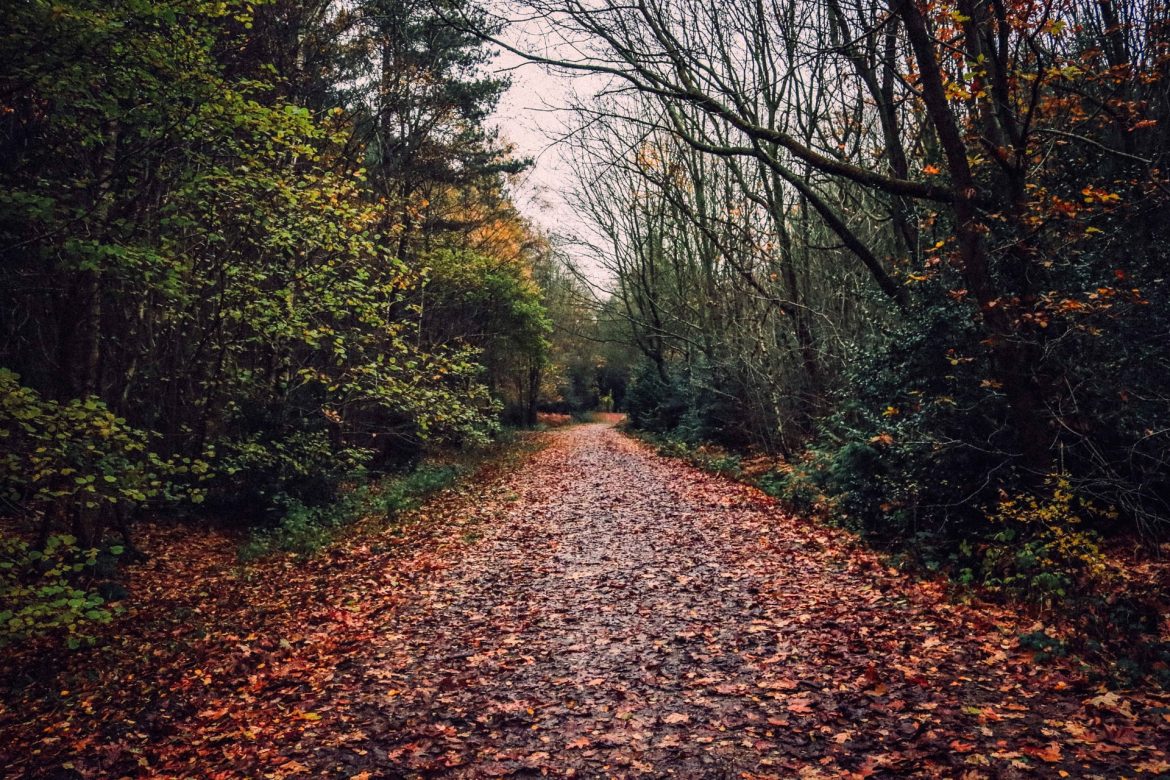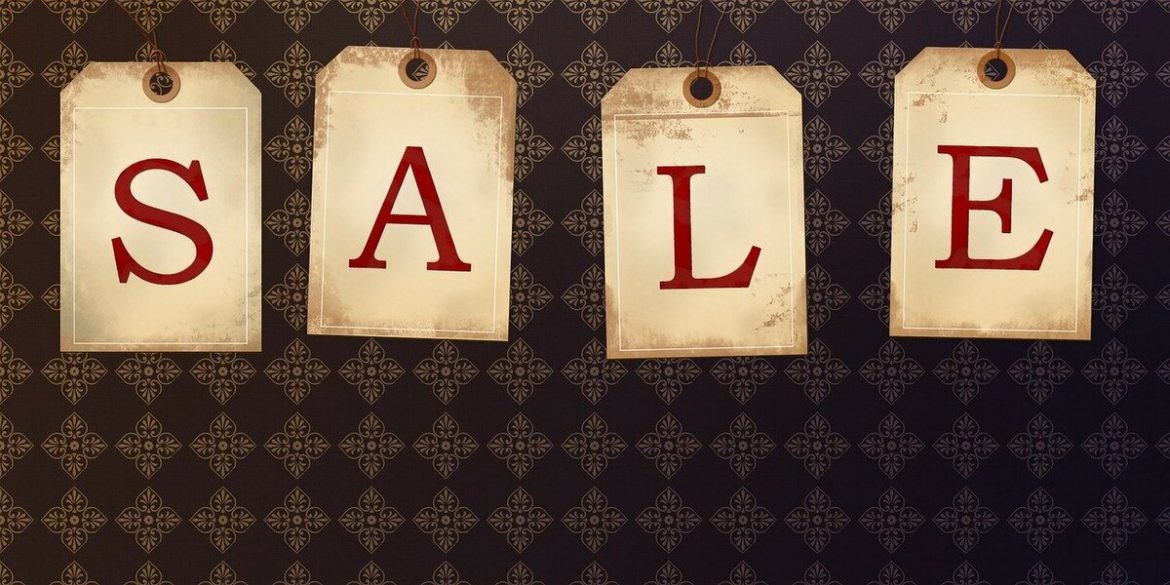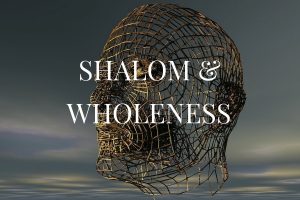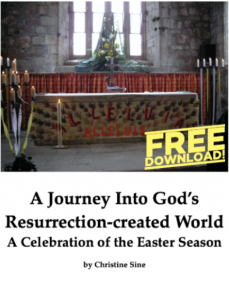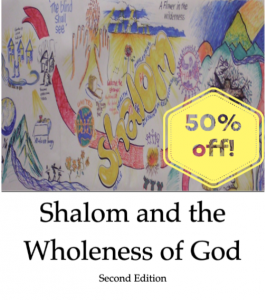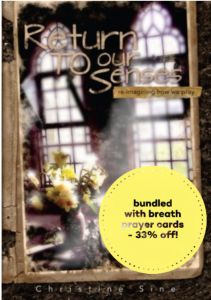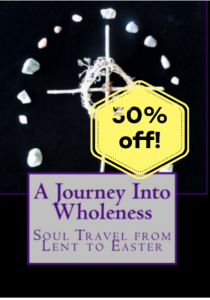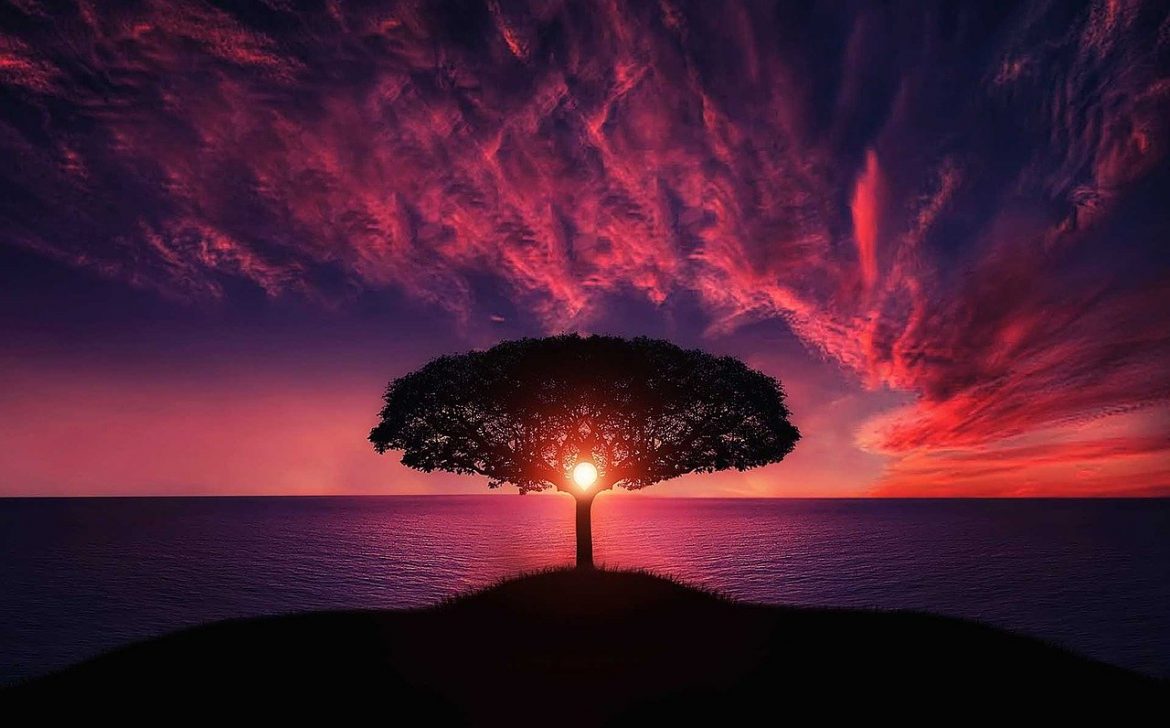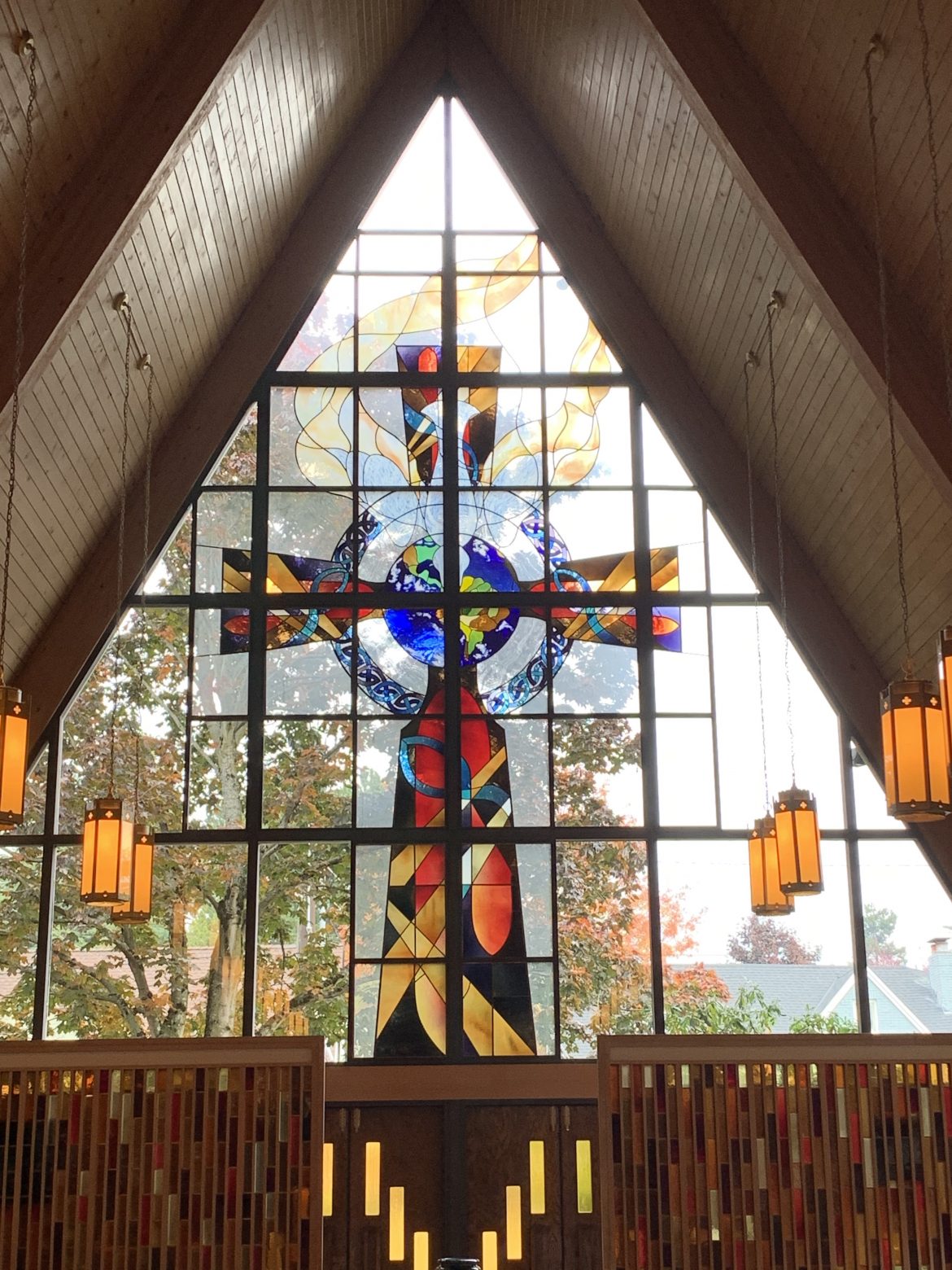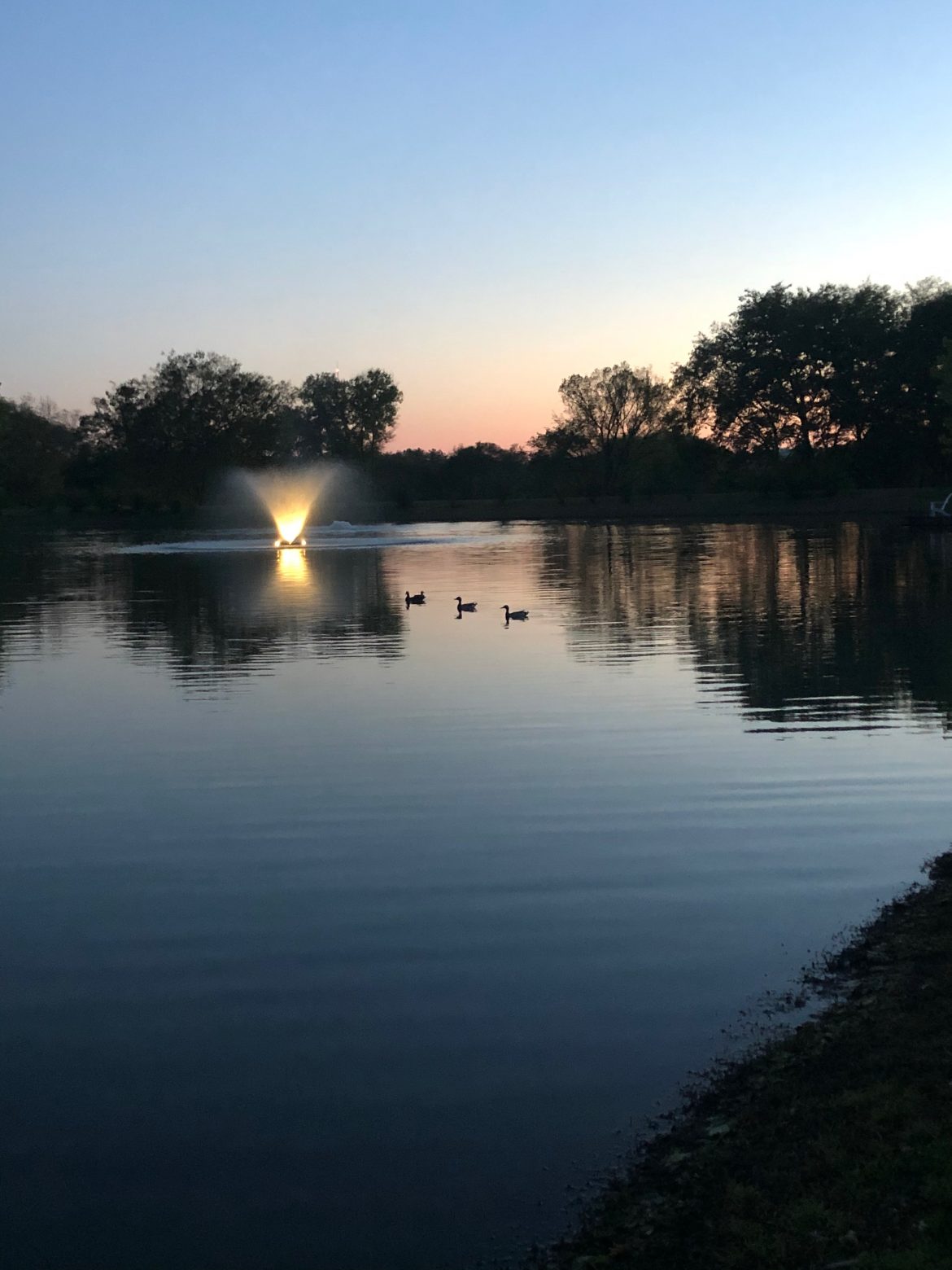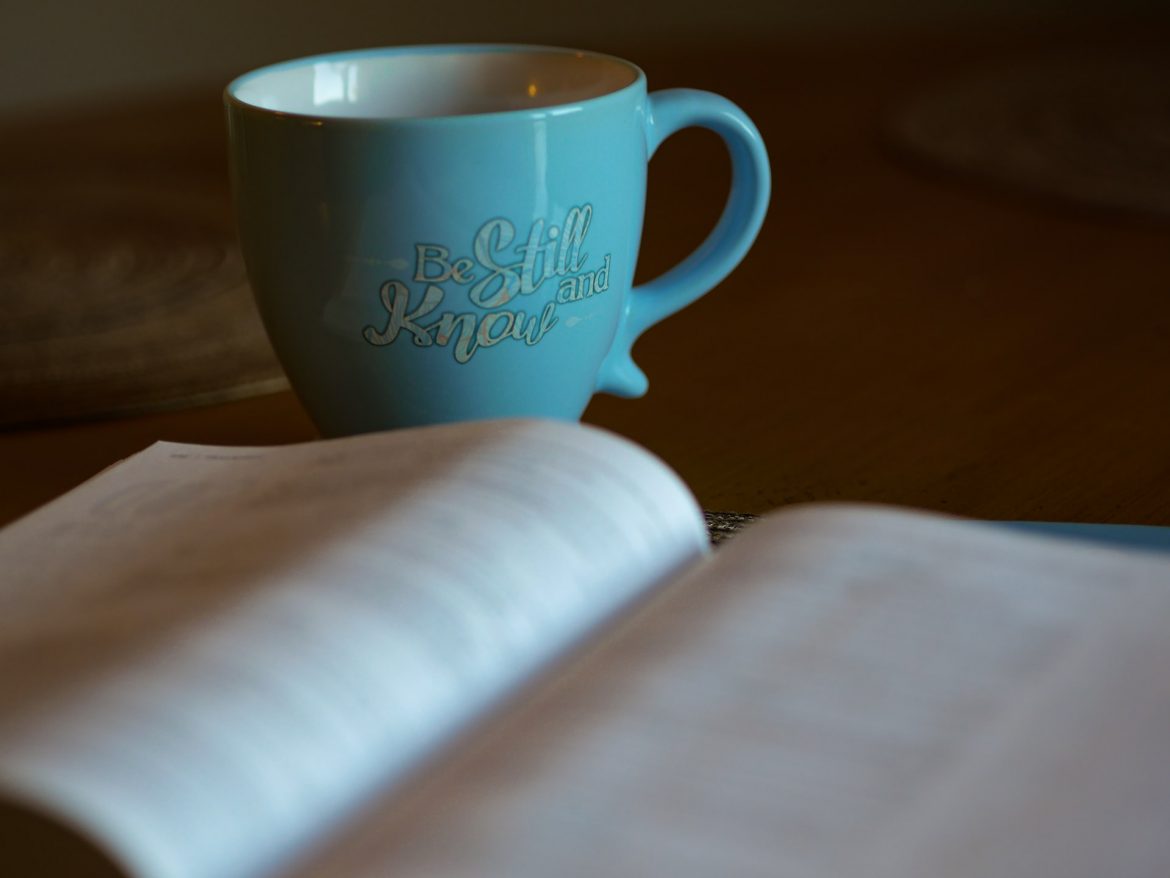by Donna Chacko
Finite vs. Infinite: What does the mismatch of our timeline with God’s have to do with knowing God’s will during the Covid-19 crisis?
My husband, Wilbur, and I were reflecting on what the Covid-19 crisis might mean for the world. Could there be a message from God hidden amidst the suffering and uncertainty of the pandemic?
I quipped that God could certainly come up with a more clear way to communicate with us than a pandemic.
Wilbur looked at me and finally spoke. “Well, God’s message is clear, but it is spread out over His timeline, not ours.” Of course, we know our timeline is finite, while God’s dimension of time is infinite, with His past, present, and future merged in some mysterious way. Wilbur’s point was that this mismatch of our timelines with God’s prevents us from seeing the whole of God’s message.
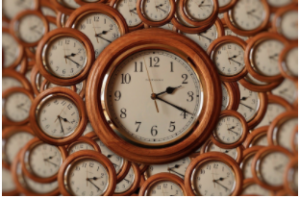
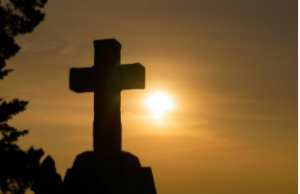
How can that system of communication possibly work? While we are living out our own finite allowance of years, Jesus is always with us, offering His tender embrace and His Word. Unfortunately, we are usually too busy to sit still for that embrace. I recognize that for years I grasped and tugged to manipulate my timeline. I urgently needed to fill each moment to prepare for a future I thought I controlled. I had no time for a quiet moment with my God, a precious moment when I might have heard His Word.
To know God’s will, we need to slow down, embrace the present moment, and listen. Even then we usually don’t hear explicit instructions. We get snatches, maybe only a hint or a nudge. But, the more we surrender ourselves to His Divine Presence, the more clearly we will know His holy will. As we relinquish control of our timeline and our will, we become closer and closer to God. When we die, our timeline becomes God’s infinite timeline and all becomes clear. I like to think this merger of timelines begins when we start celebrating each sacred moment as a gift from God.
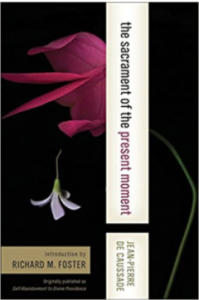 One of my favorite books is “Sacrament of the Present Moment,” written in the 18th century by Jean-Pierre de Caussade. In this slim classic, de Caussade shows us how to experience each moment as a sacrament. He tenderly describes how God’s divine action fills each precious moment. We just have to say yes to the moment, listen, and then rest with absolute confidence—knowing we are indeed following God’s holy will. Even if we don’t hear an explicit message, we can still follow God’s holy will by surrendering our time to Him, moment by moment.
One of my favorite books is “Sacrament of the Present Moment,” written in the 18th century by Jean-Pierre de Caussade. In this slim classic, de Caussade shows us how to experience each moment as a sacrament. He tenderly describes how God’s divine action fills each precious moment. We just have to say yes to the moment, listen, and then rest with absolute confidence—knowing we are indeed following God’s holy will. Even if we don’t hear an explicit message, we can still follow God’s holy will by surrendering our time to Him, moment by moment.
This is not so easy. If you are like me, even with de Caussade’s comforting words, you sometimes may still feel confused. That’s when I turn to Thomas Merton’s amazing prayer:
My Lord God, I have no idea where I am going. I do not see the road ahead of me. I cannot know for certain where it will end. Nor do I really know myself, and the fact that I think that I am following your will does not mean that I am actually doing so. But I believe that the desire to please you does in fact please you. And I hope I have that desire in all that I am doing. I hope that I will never do anything apart from that desire. And I know that if I do this you will lead me by the right road, though I may know nothing about it. Therefore will I trust you always, though I may seem to be lost and in the shadow of death. I will not fear, for you are ever with me, and you will never leave me to face my perils alone.
So, what is God’s will for you and me during the Covid-19 crisis? I think He just wants us to trust Him, one moment at a time.
God bless everyone. I pray you and your families are OK and staying close to the Lord.
Donna
Here is the link for Sacrament of the Present Moment on Amazon.
by Lisa DeRosa
Shalom & Wholeness
As we began preparing these materials for the shop, we realized that Godspace does not have a clear location for the topics of Shalom & Wholeness. We have fixed that! Please visit the Prayers, Liturgies, Seasons & More page to see it (scroll down this tile)!
The Gift of Wonder Online Retreat
In Module 2, we ask “What fun activity did you do that you have not done since you were a child?”. Here are some answers we have received from our current retreaters:
- “Have resumed adult colouring and paper activities” – N.G.
- “I drew pictures. I don’t usually like to draw as I was picked on as a child for my drawing but I really love it so I tried again and it was fun!” – V.A.
- “Had an outdoor tea” – P.A.
- “Created with play-doh” – C.K.
Sign up now as we are scheduling the webinars for our paid retreaters this coming week!
Sales Happening Now!
We are grateful for what seems like extra time or maybe just extra motivation to get these eBooks up and other downloadable resources for you! We appreciate your support and purchases as these help to keep Godspace and our store functioning! As these are new releases, they will be on sale in our shop for the next two weeks.
We have two new products for you to enjoy during our sale: Shalom and the Wholeness of God as well as Journey Into Wholeness: Soul Travel from Lent to Easter. These are all eBooks! Please click on each item below to view.
by Christine Sine
Like everyone else around me I am struggling to make sense of what the new reality facing us in the coming weeks as we return to work and a semblance of normalcy, could look like. This has not been an easy time for any of us, but in the midst some startling and beautiful facts have emerged.
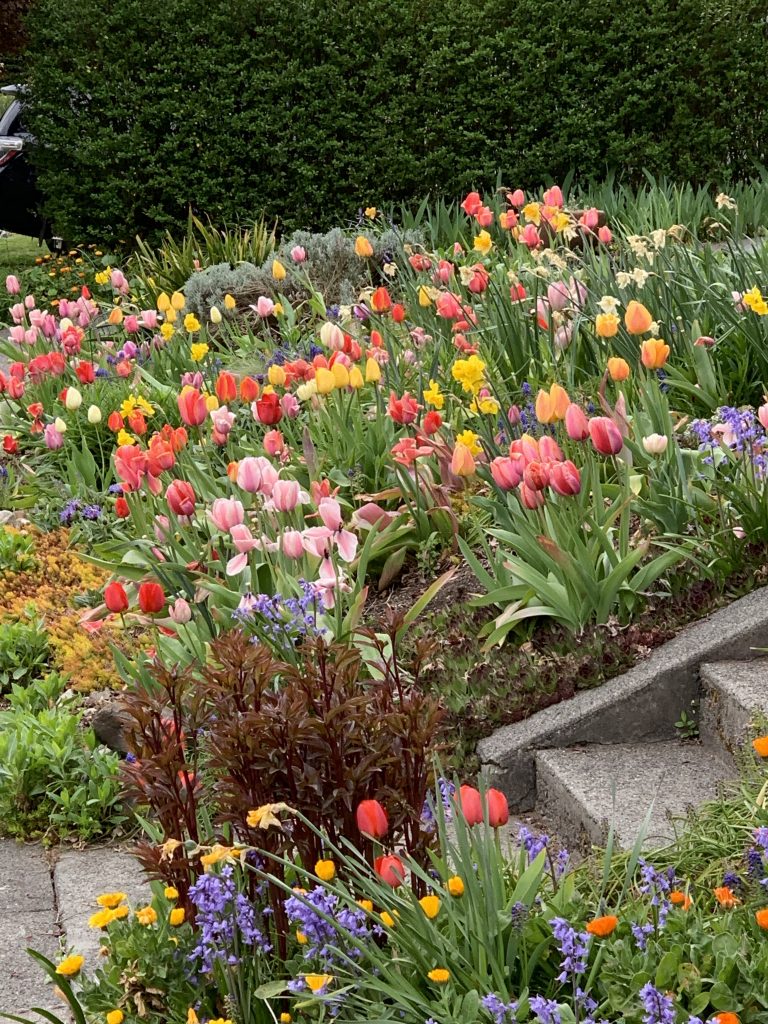
Awe and wonder in the neighbourhood
My daily walks around the neighborhood have been filled with a level of awe and wonder I have never experienced before. Everything is sparkling in the pollution free air as it never has before. And the bird sound is remarkable not just more obvious because of the lack of traffic noise but also, according to an ornithologist friend, louder as the birds are singing more to fill the air with song. God’s glory around us in ways that most of us have never experienced before. One thing that delights me is that people are taking to the earth again too. Plant nurseries and online seed stores are so overwhelmed that many of them have huge backlogs of orders.
I am seeing other remarkable things happen too. This pandemic has revealed the gaping holes in our economic system and the vulnerability of so many who live on the margins of economic viability. Fortunately most people are responding with concern and generosity towards these vulnerable people, making masks for health care workers and others on the front lines, ensuring that the elderly in their neighborhoods know they are there for them if they need groceries or help to get to appointments, providing school lunches for kids, purchasing gift cards and take out meals to help keep local businesses and restaurants from going out of business. So many are showing their willingness to cooperate, share and sacrifice for the wellbeing of all. It is beautiful to see.
I think that COVID-19 has shown us things we didn’t realize we were craving – nature in its crystal-clear purity without pollution; unhurried time with family; new dimensions of care for neighbours near and far; appreciation for health care workers; concern for those who grow and distribute our food and for those other, often undervalued people who keep our lives comfortable – from garbage collectors to shop attendants, and restaurant workers so often living on minimum wages and on the edge of economic security.
A Chance to Reinvent the Future

coronavirus
But what will happen when we get back to work? Will we be back to business as usual or will we stretch for a new normal that seeks to preserve our fragile earth and strives to provide for people over the economy. A recent article in YES magazine stated our options well:
This is an unprecedented opportunity to rethink how our beliefs, values, and institutions shape our relationships. We can create a world that works for everyone or face a future that no longer works for anyone. (From Emergency to Emergence)
It’s true. This is an unprecedented opportunity to reinvent the way our world works but we need to start thinking about it now and not wait until the media tells us to “get the economy going” by returning to the way it was where some enjoyed great privilege and our environment reached crisis point.
What Do We Want the New Normal to Look Like?
The life that sprang from Jesus’ death and resurrection reshaped the world. His disciples were never the same again. It reset their priorities to have a totally new set of values at the center – a set of values where love of God and love of neighbor held center stage.
COVID-19 will probably reshape the world too. We can try to go back to the old normal and let the media hype convince us that the old ways are the best ways, or we can reach for a new normal where we look after each other, are concerned for the vulnerable and relish once more the awe and wonder of the world in which we live.
As I look at the beauty of creation around me and listen in awe to the wonder of the new birdsong I am hearing at the moment, I think “This breathtaking brilliance and glorious song is what I have been missing” and wonder what else of God am I missing because in the old normal I was too hurried, too distracted and too self focused? Am I missing the depths of God’s love for me? Am I missing the extent of God’s care for me and the myriad ways this is connected to God’s care for the rest of humankind and for creation? Am I missing the kind of balance that God wants me to have in my life between work and rest, solitude and community, self-care and care for others? These are all questions that have lodged in my mind in the last couple of weeks.
I feel that COVID-19 has shown us aspects of who God is that have been hidden in the noise and hurry of the world in which we have been living. What can we do to change that?
Watch the video below. Prayerfully consider what you can do to help create a new and beautiful normal like that that the death and resurrection of Jesus created.
What of this period of isolation do you want to maintain – in your life, in your community, in your work situation, in your church?
What of your old life has this reset encouraged you to let go of?
What steps could you take now to reset your life in a new direction where love of God and love for neighbor holds centre stage?
I love these Taize services from St Andrews Episcopal Church Seattle and hope you enjoy them too. The beautiful peaceful reflections are perfect for our current season.
Contemplative prayer service with music in the style of Taize from St. Andrew’s Episcopal Church., Seattle. Carrie Grace Littauer, prayer leader, with music by Kester Limner and Andy Myers. Permission to web stream or podcast music in this service is granted under One License number A-710-756. www.saintandrewsseattle.org.
I thought that some of you would also enjoy this morning prayer service that celebrates Earth Day – so beautiful
by Andrew Jones
Four years have now passed since I barely survived malaria in Africa. Quinine saved my life. And so I will pour a gin and tonic on World Malaria Day, 2020.
This global day of focus on the fight against malaria arrives at an unusual time for our world struggling with a different pandemic, for which there is still no vaccine or cure. A few months ago, few Westerners knew much about quinine as a cure for malaria but, because of the coronavirus, have suddenly become quite well acquainted with its fascinating history as “Jesuit bark”, the British military origins in creating gin and tonic, and the relationship of quinine to more modern synthetic derivatives, such as hydroxychloroquine, recently touted as a possible treatment for Covid-19.
Although this claim regarding hydroxychloroquine is currently being strongly disputed by scientists and researchers, tonic water is still in short supply in grocery stores as people continue to drink “g and t’s”, in the hope that the small amount of quinine present in tonic water might help them in their cause to prevent coronavirus.
Quinine, as almost everybody now knows, is derived from the bark of the cinchona tree, originally from Peru but grown in many countries. Jesuit missionaries were responsible for spreading its usage globally and it has a very nuanced and
interesting history regarding politics, finance and religion.
I didn’t know much about quinine at all until 2016, during a trip through West Africa, when I came down with the deadly cerebral malaria caused by the Plasmodium falciparum parasite, which accounts for 50% of the world’s malaria and almost all its deaths. It was quinine that the doctors used to cure me. Ever since then, gin and tonic has been a special drink for me, not for any medical benefits it might offer but rather because of my personal connection with people through history who have fought against malaria.
Quinine is not the only basis for mixers thought to prevent malaria. Various kinds of wormwood have also been used for the same reason. Absinthe, for example, was given to French solders who thought gin and tonic was too English. Grand Wormwood is used in absinthe. Petite Wormwood has been used in Campari and Vermouth. The cocktail called Malaria Killer has both quinine (tonic water) and occasionally wormwood (Campari). Sweet Wormwood in China has been used in the form of tea and contains artemisinin which is the basis for another powerful malaria cure, especially when compounded with other drugs. In fact it is often preferred over quinine and offers less side effects.
Gin and tonic, with sugar and a twist of lime, was created by British soldiers in India who struggled with malaria. Sugar was necessary because there was a high dose of the bitter tasting quinine, much higher than what is found in today’s versions of tonic water. It was hoped a gin and tonic would help prevent malaria. To cure the disease, the usual dose in the 1850’s was two grains of quinine a day or 120 milligrams. Probably not high enough to make a big difference for most patients.
The famous missionary doctor David Livingstone also created his own malaria elixir using quinine, rhubarb, sherry and adding jalap and calomel as laxatives to combat the side effects. It was later offered under the name “Livingstone’s Rousers”.
David Livingstone took an intense interest in malaria during his travels through Africa in the 1850’s to 1870’s. He slept under a bed net and left his boots on while he slept because mosquitos, he believed, were attracted to the smell of feet. He was proven to be correct. In fact I suspect I contracted malaria through mosquitos biting my feet at night as I traveled across Africa in a crowded Toyota van. But I suppose we will never know.
Livingstone was also a pioneer regarding the dosage of quinine needed to effectively cure malaria. According to Sonia Shah, author of The Fever: How Malaria Has Ruled Humankind for 500,000 Years, David Livingstone, upon noticing disappointing results with quinine used to cure his one of his malaria infected party members, increased the dose around 15 times, to 30 grains or 1.8 grams. As it turned out, Livingstone was correct and his recommended dosage is similar to what is administered today. He even suggested taking quinine “until the ears ring”.
Ringing ears is one of the many side effects of quinine, sometimes called cinchonism. I also experienced this kind of deafness, not being able to hear or even understand what people were saying to me. Acting like a zombie. Although a more disconcerting side effect, especially for my children who visited me in the hospital, was “blackwater fever”, when red blood cells burst in the urine and cause it to turn the color of Dr Pepper.
But the side effects were inconsequential compared to eliminating this malaria from my body. I had in the past month been a patient at two hospitals in Ghana. The first hospital misdiagnosed the disease and treated me for something else. The second correctly told me I had malaria but their treatment over nearly a week failed to rid my body of the disease.
Now back in USA, I entered my third hospital, 60lbs lighter than what I am now, and with orange colored skin. The doctors told me I would be lucky to survive the treatment and were forced to give me blood transfusions to get me through. But I did get through. My son picked me up after a week of quinine treatment and carried my skeletal but still-alive body into the back seat of the car. Quinine saved my life. My wife, who was traveling with me, contracted malaria the same time as I did, but was not so lucky and did not survive. She had just left for Ethiopia and entered a different hospital. I do not know if they used quinine or not. She left behind five children and a husband who all miss her very much.
On World Malaria Day 2020, I lift a glass of gin and tonic in the memory of my lovely wife and with much sadness and empathy toward the million people who will die this year from insect borne diseases, and the families that will struggle to live without them. I raise my drink to honor the researchers, scientists, philanthropists, medical professionals and entrepreneurs who continue to fight malaria with bed nets, vaccines, medical cures, more accurate testing equipment and effective repellents that all form an essential arsenal in this age old battle with the biggest killer of humans in our entire history.
Drink with me. Fight with me. Cheers.
Andrew Jones
Andrew is currently involved in a number of anti-malaria initiatives through Next Step, including Livful, a biotech startup that is working on a 16 hour non-toxic mosquito repellant.
by Lilly Lewin
It’s been a hard week for me. I have been very angry at governmental leaders acting like the economy matters more than people. I’m angry that people with loads of privilege don’t seem to get that others don’t have as much and need help and need more protections. I’ve had friends lose their parents and grandparents to the virus.
I’ve watched and read way too much news.
I’m longing for Friday at 5:30pm when I will take a break from Social Media and News for at least 24 hours of the weekend as a part of my Sabbath practice. It’s really helped me stay sane in the last few weeks. I’m thinking it may need to be longer.
In the midst of this anger and frustration, Jesus is reminding me to be thankful.
Jesus reminds me of Philippians 4:4-7
Don’t be pulled in different directions or worried about a thing. Be saturated in prayer throughout each day, offering your faith-filled requests before God with overflowing gratitude. Tell him every detail of your life, then God’s wonderful peace that transcends human understanding, will make the answers known to you through Jesus Christ.
The Passion Translation
Be Anxious for Nothing
But in Everything Give Thanks…
So I’m giving thanks today for a beautiful Spring this year in Nashville. We’ve had Spring as a season, rather than just jumping straight into Summer.
I am very grateful for running water and soap, especially when so many around the globe don’t have this basic.
I’m grateful for sunsets and beautiful evenings.
I’m grateful for butter on toast.
I’m thankful for FaceTime and Zoom gatherings and text messages from far away.
I’m grateful for Jane Austin movies and Downton Abbey.
And Friends who pray.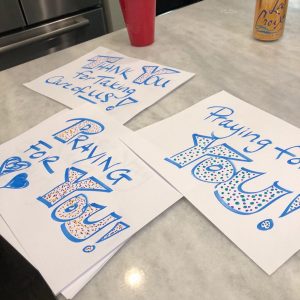
As a part of my gratitude practice, I’ve made signs for my mailbox and for my trashcans to thank the mail carrier and our garbage collectors and recycling guys for taking good care of us! I’ve left snacks to add to my thank you notes just to remind them that someone cares about their service. I know people have done this for delivery people too. Which is awesome!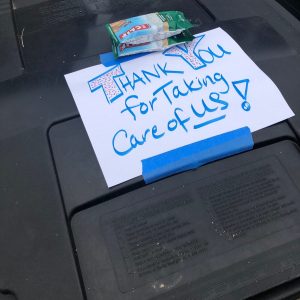
Maybe you’d like to print out some signs and use them in your neighborhood to thank people on the frontlines where you live. Here are some PDFs ThankYou!  TAKING CARE OF US and Praying for YOU that you can print out, decorate and put on your cans/bins, your mailbox or to give away! And really take time to pray for these folks who are on the frontlines taking care of us behind the scenes!
TAKING CARE OF US and Praying for YOU that you can print out, decorate and put on your cans/bins, your mailbox or to give away! And really take time to pray for these folks who are on the frontlines taking care of us behind the scenes!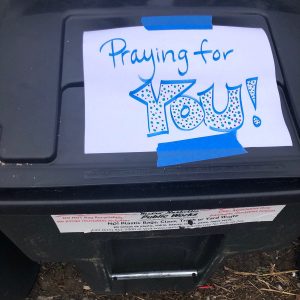
We have a practice in our thinplace gatherings of making a cup with our hands and picturing all the heavy stuff we are carrying around with us being heavy in our hands.
Then we imagine giving those things into the hands of Jesus and letting him hold these things for us. We can let Jesus hold them. We can let Jesus carry these things for us. And we don’t have to take them back!
Make a list of all the things you are carrying around. Those things that are heavy, the things that are making you angry or anxious and give them to Jesus.
Make another list of all the things you are thankful for today. Thank Jesus for these things. The big things and the really small things!
I’m praying for us all to take time to rest this weekend. To take the time to be thankful and practice gratitude for the little things along our way. And I’m asking Jesus to show us that he wants to carry all the junk for us so we don’t have to be carry or hold it anymore. Amen. ©lillylewin and freerangeworship.com
©lillylewin and freerangeworship.com
by Sue Duby
I love morning quiet in my comfy chair. Chilly toes buried in a soft blanket. Shutters set just so for a perfect view of Spring’s magic explosion of life in the backyard. Favorite flowered china coffee cup in hand. A moment to exhale. Be still. Wait for a new whisper nugget for the day from Him.
Along the way, I dutifully grab my church-wide Bible reading list. Days behind, slightly guilt-ridden, I quickly begin flipping pages and skimming verses. More to scribble check marks down the page, than to ponder or listen attentively along the way. Suddenly, in the frenzied “doing”, I saw it… just a few words, but they jumped out, blurring all other words on the page… “Peace be with you”.
With Holy week reflection and Easter “Halleluiahs” now past, I’ve never pondered much how to navigate the “after”… the next steps following Easter Sunday Spirit-laced worship, heart-bursting gratitude for His resurrection and a sense of breaking through to the “other side” of Good Friday grief. And yet, Jesus reminds us that our journey with Him has truly just begun… and that we are not alone.
After washing His disciples’ feet (humble service) and sharing a last Passover meal (sweet fellowship), Jesus fills remaining precious moments with a summary teaching (loving encouragement and exhortation). In the midst, these words… “Peace I leave with you; my peace I give you. I do not give to you as the world gives. Do not let your hearts be troubled and do not be afraid.” (John 14:27 NIV). A gift… His peace. A reminder… the world’s peace is not the same. A call to obey… don’t allow your hearts to hold fear. A seed planted for the future. Jesus likely sensed their unease. He knew what anxious times lay ahead. A simple reminder, with greater depth of truth than the disciples then understood.
Fast forward a few days. Triumph over the crucifixion by an empty tomb. Though Mary testified of the miracle, the disciples gathered together… “with the doors locked for fear of the Jewish leaders” (John 20:19 NIV). Then, in the midst, Jesus appears and speaks 4 simple words… “Peace be with you”. Not “Here I am!”. Not “The tomb is truly empty!”. Not: “I am who I said I was”. Not “Why did you not believe Me?”.
Rather, with His deep heart of affection, grace and mercy, just a simple “Peace be with you”. With all that Jesus may have desired to share, His focus zeroed in on his disciples. Knowing their human frame. Understanding that fear blocks understanding, ability to move forward and capacity to process truth. With compassion, He addresses their hearts first.
Curious that Jesus does not reprimand them for their fear. No stern “Why are you afraid? Don’t you know….”. Instead, a first statement of blessing upon them in their weakness. “Peace be with you”. A demonstration once again that He is FOR them and with them. Still present, still speaking, still encouraging.
As we journey this unpredictable, unknown, sustained season of pandemic, l so identify with the disciples. Hunkered down, experiencing varied measures of fear, so very aware of my own humanness and longing to taste His peace in full measure.
Like Jesus did for the disciples, He’s reminded me more times than I can count that He is, indeed, the God of Peace. That He is able to calm stormy waters in my heart. That He is present “in the midst of”… always.
And like the disciples, I need to hear it again… over and over… from His heart… “Peace be with you”. Whether fear over health, finances, continued isolation or unanswered questions, His love wins. He’s offering. I choose to receive the gift with joy and gratitude. “Peace be with you”… now and always.
As an Amazon Associate, I receive a small amount for purchases made through appropriate links.
Thank you for supporting Godspace in this way.
When referencing or quoting Godspace Light, please be sure to include the Author (Christine Sine unless otherwise noted), the Title of the article or resource, the Source link where appropriate, and ©Godspacelight.com. Thank you!

